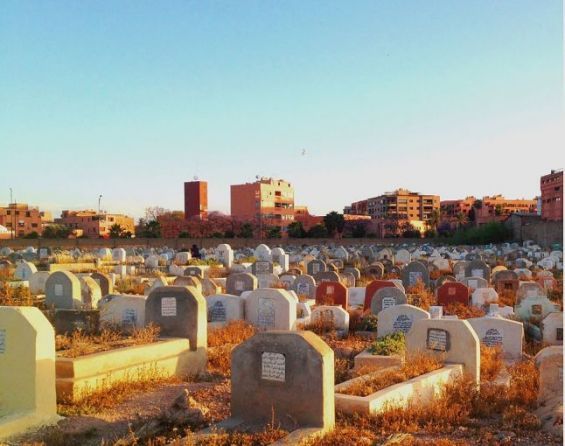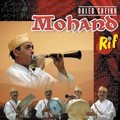To mitigate the spread of the novel coronavirus, the Moroccan authorities have implemented a series of strict restrictions that included a nationwide lockdown. Cemetery workers in the Kingdom have seen their daily activities change amid the outbreak. New measures have been implemented during burial rituals and strict procedures have been imposed while burying those who died because of the virus.
Indeed, the Moroccan Health Ministry has introduced a special protocol to bury Covid-19 victims, the head of the forensic medicine service at the Casablanca University Hospital Ibn Rochd Hicham Benyaich told Yabiladi.
The sanitary protocol, set up to prevent the spread of the virus, includes «the washing of the deceased’s body according to the Islamic rituals», he explained. The new process takes into consideration «the fact that the virus survives a few hours even after the death of the infected patient».
«It is important to adopt the same protective measures taken by doctors who have a physical contact with the living patients», the Professor of forensic medicine stressed. «Thus, you need personal protective equipment, such as an FPP2 mask, sunglasses, coverall suits and a plastic apron», he added.
New measures during burials
The body has to be washed but «does not need much handling», Benyaich reported, adding that after that the «body gets wrapped in a shroud, put in a covering cloth and then placed inside the coffin».
He further explained that the relatives of the deceased are «not allowed to touch the body, unlike in other kinds of circumstances», insisting that «prayers cannot take place as before, because the mosques are closed, although relatives that are present are free to pray».
The measures mentioned by Pr Benyaich were described by a source close to the family of a man who died of coronavirus, Thursday, in Marrakech. Speaking to Yabiladi on Friday, the same source explained that «only two sons of the deceased were allowed to attend the burial of their father».
«No other family member nor acquaintances were allowed to visit the cemetery nor be at the funeral, which did not take place at all», the same source said.
But how about other burials where the death is not linked to the novel coronavirus? Khalid, a gravedigger who works at an El Jadida cemetery, told Yabiladi that the current situation has brought many changes to the burial rituals.
«As mosques are closed because of the lockdown, Salat Janaza (prayers performed before burying a Muslim) are only performed here in the cemetery», he explained. The number of people attending the cemetery during burial have drastically shrunk, according to Khalid.
«Instead of having tens of people attending the ritual, we have only two to three people now doing so», he reported. To protect himself and others attending the cemetery, Khalid makes sure to keep a one-meter distance between them when at working.
«I do what I can by urging people to follow the preventive measures and for myself I make do with what I have, I wash my hands and I use bleach to disinfect when it is needed», he concluded. For the gravediggers, death remains a constant even when its modalities change to accommodate coronavirus realities.





 chargement...
chargement...













